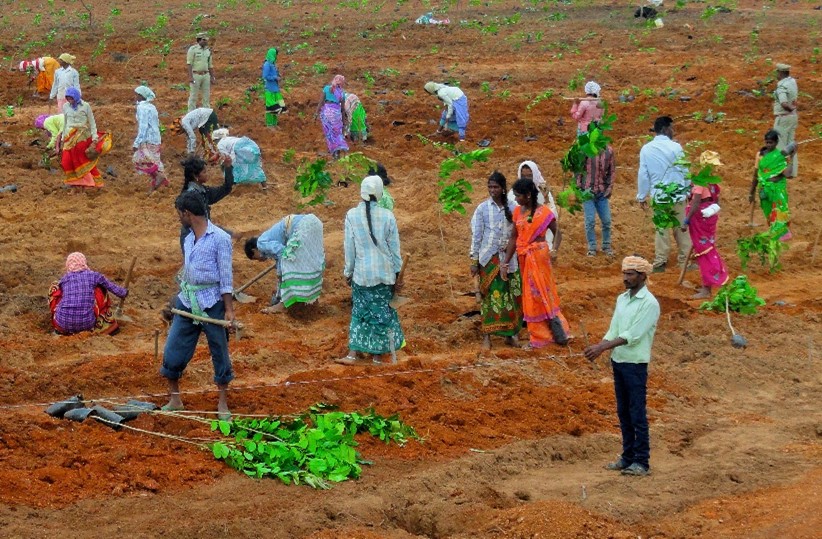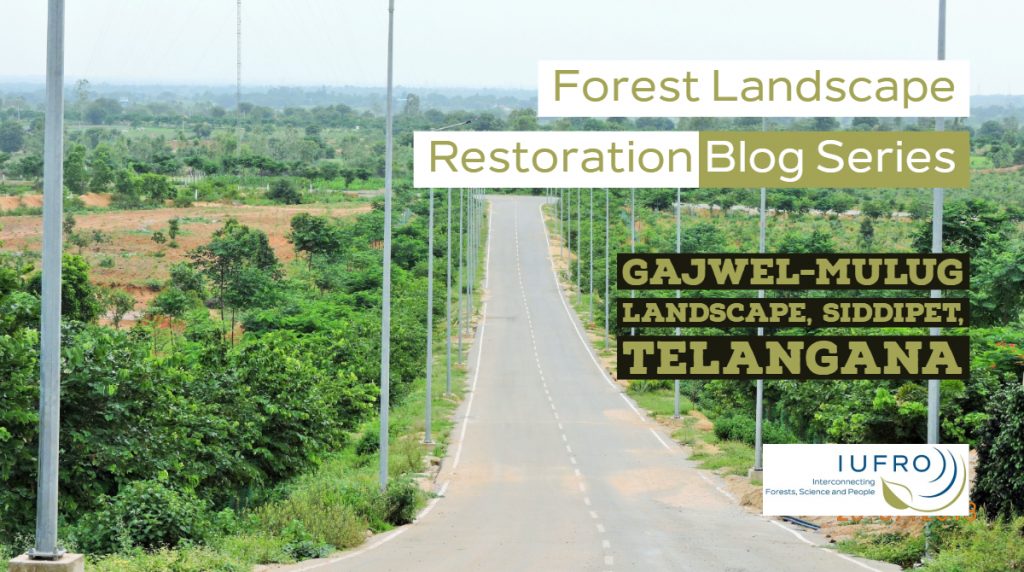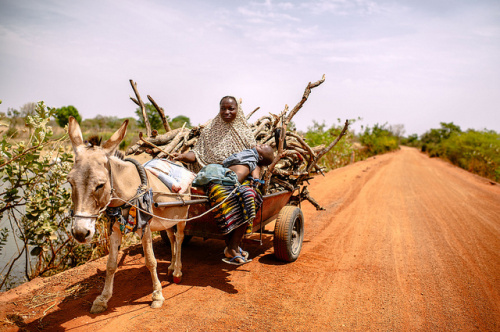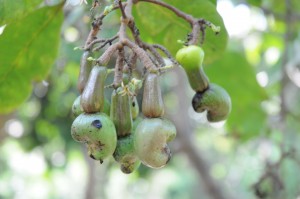Supporting the Forest Science Community in Economically Disadvantaged Countries
Supporting the Forest Science Community in Economically Disadvantaged Countries
An Interview with Michael Kleine and Janice Burns, Coordinator and Deputy Coordinator, respectively, of IUFRO’s Special Programme for Development of Capacities (IUFRO-SPDC)
https://www.iufro.org/science/special/spdc/

Michael Kleine has been the Coordinator of IUFRO-SPDC since 2001 and Deputy Executive Director of IUFRO since 2010. He is a forestry graduate of the University of Natural Resources and Applied Life Sciences (BOKU), Vienna, Austria, from where he also obtained his doctoral degree and habilitation in Silviculture. During his career he has participated in natural forest research and management, and rural development through residential assignments in Austria, Pakistan and Malaysia. He also worked as free-lance forestry consultant for the German Development Agency GIZ, the FAO and the European Commission among others in Asia and Central America.
IUFRO Spotlight #87 – Getting everyone on board to succeed in forest landscape restoration
IUFRO Spotlight #87 – Getting everyone on board to succeed in forest landscape restoration

Photo: Forest College & Research Institute, Telangana, India
The world is degraded. Worldwide, according to a 2018 UNESCO publication, land degradation affects 3.2 billion people – about 40% of humanity.
The degradation is human caused, drives species extinction, intensifies climate change, and adds to mass human migration and increased conflict, the report indicated.
So, a critical question becomes: how do we build or, perhaps more accurately, rebuild a sustainable world?
Read more…Spotlight #79 – A Focus on Gender Equality in Forestry
Spotlight #79 – A Focus on Gender Equality in Forestry

When one thinks of forests, forestry and forest research, gender equality is probably not the first thing that springs to mind.
But it actually makes a lot of sense, explains Dr. Gun Lidestav, of the Department of Forest Resource Management at the Swedish University of Agricultural Science. Dr Lidestav is also Coordinator of the IUFRO Gender Equality in Forestry Task Force (TF).
Read more…How strong political support is helping restore forests in the Telangana state of India
Land of Taj Mahal and the second-most populous country in the world. India is the fourth country of the blog series on the Forest Landscape Restoration Implementation: Progress on the Ground.

Congress Spotlight #73 – A Quest for Fairness in Forest Management Decisions: Integrating Indigenous Rights, Practices and Knowledge
Congress Spotlight #73 – A Quest for Fairness in Forest Management Decisions: Integrating Indigenous Rights, Practices and Knowledge
“The practices, rights and knowledge of Indigenous Peoples in forestry are being increasingly recognized by national policies, international treaties and by business arrangements such as certification,” said Dr. Stephen Wyatt of the School of Forestry at the University of Moncton in New Brunswick, Canada.

“But,” he said, “actually putting these into practice is challenging.”
Read more…Considering the Human Dimension when Restoring Forest Landscapes

Integration of Western and Traditional knowledge in FLR planning and implementation can result in more comprehensive, locally grounded, and socially and culturally acceptable restoration projects. This scene from the Ilmil Valley in the Atlas Mountains (Morocco) depicts a mosaic of agricultural and forest management practices used by farmers to support their livelihoods and food security while conserving forest biodiversity. Photo: John Parrotta
Much has been written about forest landscape restoration (FLR) from a silvicultural or ecological perspective: techniques, approaches, methods, case studies, have all tended to focus on the practical and technical tools to implement forest restoration. However, relatively little attention has been given to human dimensions.
In fact, there is limited guidance on how to go about restoring forest landscapes when it comes to integrating both ecological and human dimensions of FLR. The need for this integration was the main motivation for the newly published book entitled Forest Landscape Restoration: Integrated Approaches to Support Effective Implementation, which was edited by Stephanie Mansourian (Consultant, member of IUFRO Task Force Forest Adaptation and Restoration under Global Change, and Research Associate, University of Geneva, Switzerland), and John Parrotta (US Forest Service and IUFRO Vice-President). Read more…
Governance and Forest Landscape Restoration at IUCN World Conservation Congress 2016
Summary on a session held at the IUCN World Conservation Congress, Hawai’i, USA, on 3 September 2016
The purpose of the session was to better understand governance challenges related to forest landscape restoration (FLR) implementation, and options to address these. The session was organised as follows: Stephanie Mansourian introduced the subject of governance and FLR. She was followed by four case study presentations: Nadine Crookes from Parks Canada, John Crockett from the US Forest Service, Gérard Rambeloarisoa from the Madagascar Biodiversity Fund and Chris Buss from IUCN, and then 20 minutes of questions and discussion. A total of 30-40 participants attended the one hour session. Read more…
National Forest Programmes
The time is right to learn from past experiences and build a second-generation of “National Forest Programmes”
By Alexander Buck, Helga Pülzl and Ewald Rametsteiner
 Since their conception more than two decades ago, national forest programmes (NFP) have become widespread forest policy frameworks internationally. The management of most of the world’s forests is now governed by different types of NFPs to some degree. Hence NFPs present certain governance practices that all countries are interested to have. Yet, the overall picture regarding the impact of NFPs as national forest governance frameworks on sustainable forest management remains ‘fuzzy’. Read more…
Since their conception more than two decades ago, national forest programmes (NFP) have become widespread forest policy frameworks internationally. The management of most of the world’s forests is now governed by different types of NFPs to some degree. Hence NFPs present certain governance practices that all countries are interested to have. Yet, the overall picture regarding the impact of NFPs as national forest governance frameworks on sustainable forest management remains ‘fuzzy’. Read more…
Spotlight #30 – Forests: Food for thought – and nourishment
Forests: Food for thought – and nourishment
A report that analyses the complicated, intertwined and often oppositional philosophies, land uses and governance regimes that comprise the forest-food nexus, will help inform deliberations as the United Nations Forum on Forests develops a 15-year roadmap for international forest policy.
At the heart of the new report is the understanding that forests and trees cannot, by themselves, replace the role of agriculture, but they are critically important to food security and nutrition.
Toss clichés aside and consider gender in ‘landscape’ context — expert says
NOTE: This text is reblogged from the CIFOR blog post at http://blog.cifor.org/20697/toss-cliches-aside-and-consider-gender-in-landscape-context-expert#.Us022ifzzTO
***********************************************************

We need to challenge our own blind spots and put gender research into practice, said Esther Mwangi, a senior scientist with the Forests and Governance Program at the Center for International Forestry Research. CIFOR/Ollivier Girard
WARSAW, Poland (18 December 2013) — Crafting development strategies based on credible research results rather than relying on outdated, unsubstantiated statistics will eliminate gender stereotypes and boost the fight against climate change, a development expert says.
Steering sustainable development polices toward a “landscapes approach” framework, which applies an integrated approach to land management, will make the relevance of gender to environmental debates even more apparent, said Seema Arora-Jonsson, associate professor of rural development with the University of Agricultural Sciences in Uppsala, Sweden.

